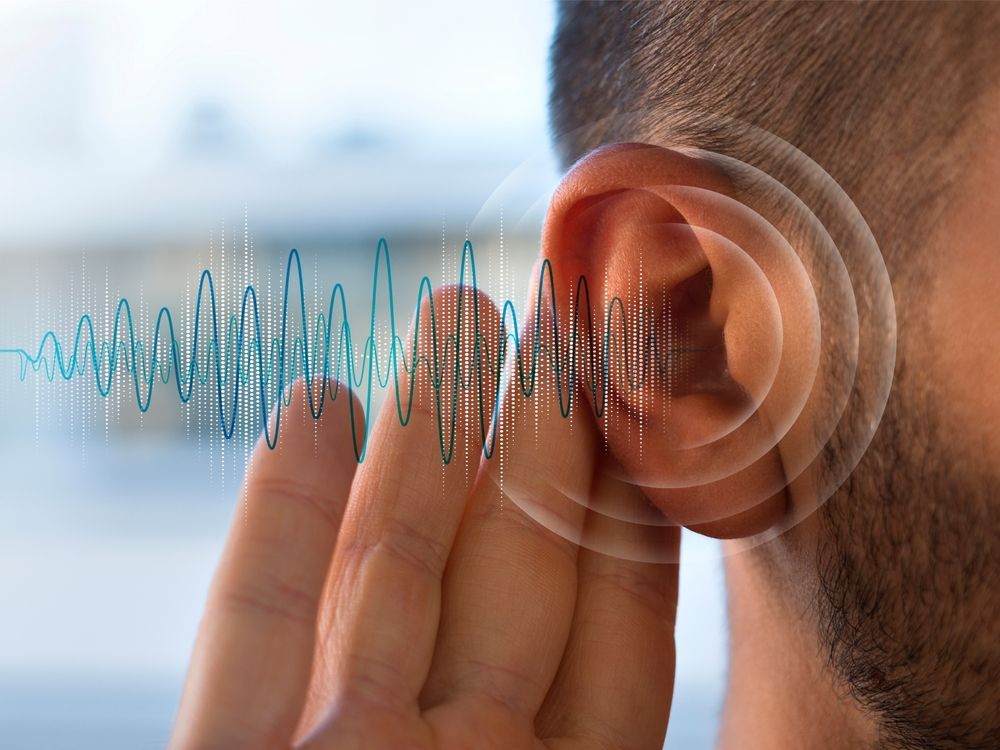Protect Your Hearing With These 4 Practices

Our ears are often what carry the load of unintentional harm from neglect in our hectic daily lives. From the allure of ear candling to the apparently harmless act of using cotton swabs, our auditory health can suffer from these common yet hazardous practices. Below, we delve into four essential methods to safeguard your sense of hearing and keep your ears protected.
Ear candling is a no-no
Ear candling, an ancient technique purported to extract earwax and improve ear health, has gained popularity in spite of lacking scientific merit. The process involves inserting a hollow candle into the ear canal and igniting the opposite end, with the idea that a vacuum is created, pulling out impurities. However, numerous studies have debunked this practice, highlighting its ineffectiveness and potential risks.
Not only does ear candling fail to eliminate earwax efficiently, but it also poses considerable risks. The application of heat near the delicate structures of the ear can lead to burns, perforated eardrums, and even exacerbate existing problems. Usually, if you notice any wax after ear candling, it will be from the candle itself rather than your ears.
In light of these findings, medical experts universally discourage the use of ear candling. Both the Food and Drug Administration (FDA) and the American Academy of Otolaryngology (AAO) warn against this practice, emphasizing safer alternatives for ear hygiene.
Banish the cotton swabs
It’s true that many individuals turn to these seemingly innocuous tools to clean earwax out of their ears. But there are more dangers than benefits to inserting a cotton swab into your ear canal. Rather than effectively eliminating earwax, swabs can unintentionally jam wax deeper into the ear canal, resulting in impaction and possible injury.
The sensitive nature of the eardrum makes it vulnerable to damage from foreign objects, including cotton swabs. Pain, infection, and hearing impairment can all be the results of perforations or abrasions of the eardrum. To avoid these complications, it is beneficial to refrain from inserting any objects into the ear canal and instead rely on the ear’s self-cleaning systems or seek professional assistance if needed.
Keep volumes to a minimum
In an increasingly noisy world, our ears are constantly bombarded by sounds of varying intensities. Exposure to loud noise is unavoidable, from going to sporting events and concerts to strolling down busy city streets to mowing your lawn. Over-exposure to loud sounds like these can have negative effects on your hearing health leading to tinnitus and noise-related hearing loss.
To mitigate the risk of hearing damage, it is essential to be conscious of noise levels and take proactive measures to safeguard your ears. Whenever you can’t steer clear of really loud noise, protection like earplugs and earmuffs should be utilized.
Also, take regular breaks and moderate the volume when you’re utilizing personal listening devices such as headphones and earpods.
Listen to your ears: act promptly on symptoms
Taking quick action when your ears begin to tell you that you’re starting to experience some degree of hearing loss is critical to protect your ears from harm. If you hold off on getting your hearing loss treated you will most likely exacerbate the issue.
If you have symptoms like ringing in the ears, trouble understanding speech, or pain or pressure in your ears, it’s important that you recognize it. If any of these symptoms are experienced, seek evaluation from a qualified hearing specialist or otolaryngologist (ear, nose, and throat specialist) immediately. Your hearing outcomes as well as your quality of life will be substantially enhanced by early detection and intervention.
In conclusion, the health and well-being of our ears are vital in navigating the sensory landscape of our lives. We can preserve our healthy hearing by avoiding cotton swabs and ear candles, safeguarding our ears against loud noise, and identifying early warning symptoms.
Call us immediately for an evaluation if you are suffering from ear damage or hearing loss.


